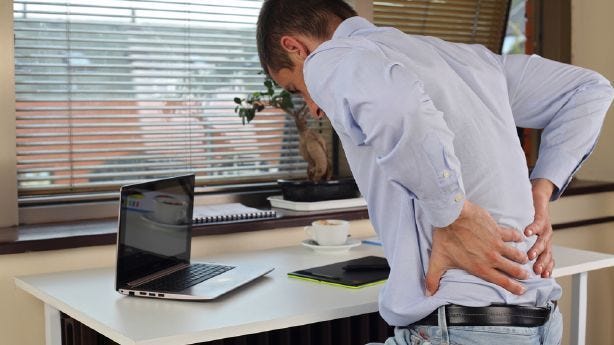In today’s world, we’re surrounded by health advice, some of which is backed by science, while others are simply myths. Many of these myths can shape our habits in ways that may not be necessary — or even beneficial. Let’s explore three widespread health myths that might be wasting your time.
1. Myth About Sleep: Is 8 Hours Really Necessary?
We’ve all been told that getting eight hours of sleep is the gold standard, but where did that idea come from? Interestingly, it dates back to the Industrial Revolution, and it might not be necessary for everyone.

Natural Sleep Patterns
Research reveals that people living without modern conveniences like electricity or smartphones typically sleep around six to seven hours a night, often without napping.
Seven Hours Is Optimal
Studies suggest that sleeping around seven hours per night provides better health outcomes compared to eight hours. When we look at sleep duration and its effects on health — like heart disease or mortality rates — the data forms a U-shaped curve. Both too little and too much sleep can be harmful, but seven hours tends to be the sweet spot for most people.
Variation in Sleep Needs
Of course, sleep needs vary by age and individual. Teenagers typically need more sleep, while older adults may require less. The important takeaway is that there’s no universal rule for sleep.
Oversleeping Concerns
While oversleeping can have negative consequences, it’s often driven by other factors like illness or fatigue. Context is crucial when evaluating your sleep patterns.
2. Myth About 10,000 Steps: The Truth Behind the Number
The idea that you need to walk 10,000 steps a day for optimal health has become ingrained in our culture. But did you know that this number was originally part of a marketing campaign?

The Origins of 10,000 Steps
This popular goal originated in the 1960s as part of a Japanese pedometer campaign leading up to the Tokyo Olympics. The number 10,000 was chosen for its cultural significance and because it sounded good — there was no scientific research backing it.
Actual Step Data
Research shows that hunter-gatherers walk anywhere between 10,000 to 18,000 steps daily, depending on factors like gender and lifestyle.
Health Outcomes
Studies have found that taking around 7,000 to 8,000 steps per day tends to provide the best health outcomes. Walking more than this doesn’t show significant additional benefits in terms of overall health.
A Reasonable Goal
While 10,000 steps isn’t a perfect benchmark, it’s still a reasonable daily goal to encourage physical activity. But if you’re consistently hitting 7,000 to 8,000 steps a day, you’re already doing well!
3. Myth About Sitting: Is It Really the New Smoking?
You’ve probably heard the phrase “sitting is the new smoking,” but is that really true? While sitting too much isn’t ideal, the comparison to smoking is exaggerated.

Sitting Is Natural
Sitting is a natural part of life. In fact, all animals, including humans, sit. Even hunter-gatherers and farmers, who are considered highly active, sit just as much as people living in modern society. It’s not about how long you sit, but how you approach it.
Quality Over Quantity
The key issue isn’t the total time you spend sitting, but how often you interrupt that sitting. Regularly taking breaks is essential for your health.
The Benefits of Interrupting Sitting
Standing up and moving around every 10–15 minutes, similar to what hunter-gatherers do, can activate beneficial processes in your body. This simple act helps regulate blood sugar and activates genes that promote health.
Practical Advice
To stay healthier while sitting, make it a habit to get up regularly. Whether it’s walking to the kitchen for a glass of water or taking a quick stretch, those small movements can add up to big health benefits.
Final Thoughts
It’s easy to fall into the trap of following popular health advice without questioning where it comes from. The myths surrounding sitting, sleep, and steps are just a few examples of how misinformation can shape our habits. The good news is that small, simple changes can make a big difference — whether it’s getting up more often while sitting, adjusting your sleep expectations, or aiming for a realistic step goal.
Be mindful of the advice you follow, and always seek the science behind the headlines. Your health is worth it!


